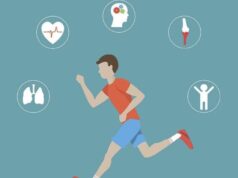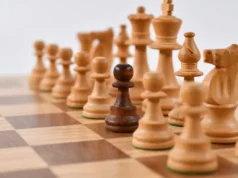
One of the signs of a headache is throbbing pain. Over and over again, individuals experience a pulsating, beating sensation. This Headache can affect anyone, but women are more likely to experience it.
Certain diseases, such as migraines or caffeine withdrawal, can bring on a throbbing headache. One can also result from excessive alcohol consumption. Nine out of ten headache sufferers reported they were exhausted after they woke up due to poor sleep, according to research published in the medical journal Headache.
According to the Headache education notes that the acute headache triggers among patients with migraine and tension-related Headaches are dysregulation of sleep means sleep deprivation, oversleeping, and disturbed or interrupted sleep. For more information, please visit virtualheadachespecialist.com
However, if you’re determined to combat throbbing pain, follow these techniques for better sleep:
1. Early relaxation is crucial
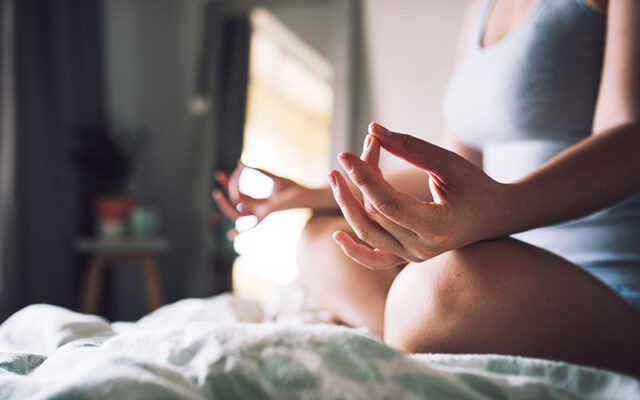
The key is having a proper bedtime routine. Bathe, get into pajamas, drink tea, read a book, brush your teeth, and turn the lights out before the scheduled time.
2. Reduce coffee intake
Limit caffeine intake during the day, and steer clear of it eight hours before night.
3. Spending time together

Sorry, impulsiveness. Instead of midnight love, please indulge in afternoon ecstasy or during the fist-half. Or spend tonight making love rather than watching TV.
4. Skip the nightcaps
If planning for a deep sleep, it is crucial to stay away from alcohol. Sure, it first makes you sleepy, but after a while, it keeps waking you up and disrupts your sleep pattern.
5. Clear the Mind

It is extremely important to make a list of responsibilities, keep notes on your prayers, and journal your unusual ideas. Have a pen beside your bed. Lie in a warm bath. If you go to bed with taking any stress, you’ll definitely sleep better.
6. Unplug
Always stick to the traditional ways and avoid using screens three hours before bed. Phones, TVs, and computers all emit blue light, which is stimulating and can impair sleep quality.
7. Get rid of the Nap Trap
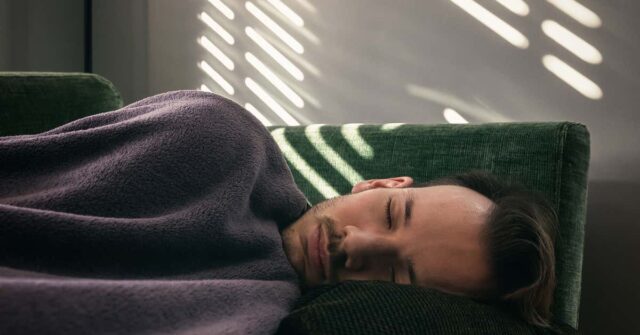
Dr. Lay stated at the 2019 Migraine World Summit, “We tend to think that if we’re sleep deficient, we can have a nap or could sleep late on the weekend, or could go to bed a little earlier the next night.”
“But in reality, the sleep rhythm is controlled by our brain. Therefore, it’s important to practice mindfulness to establish a proper sleep regimen and, in particular, avoid naps. A nap throws off the sleep cycle and causes additional problems in the future.”
8. Breathe effortlessly
In the tech age, we forgot how to breathe. Breathing properly is the key to proper sleep. Use the 4-7-8 breathing procedure to fall asleep quickly. Just breathe in for four counts, hold it for seven, and then let out for eight.
9. Plug your ears
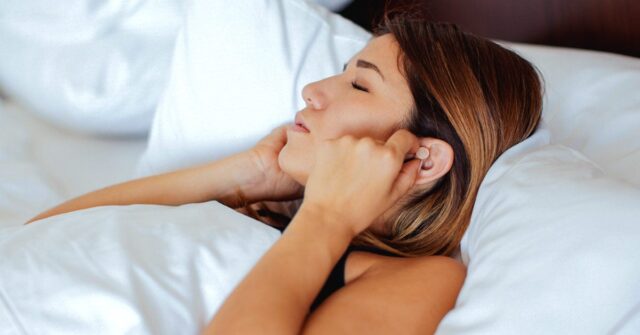
Sound has a significant impact on whether you fall asleep or stay awake. Most of the population is living in cities and unable to maintain a proper lifestyle. So it is high time to plug your ears or sign up for a sleep program.
According to the American Migraine Foundation, insomnia is having trouble falling asleep, sleeping in the night, waking up too early in the morning even before your alarm clock, and not being able to fall back asleep for at least three nights a week for more than three months. Over 50 to 75 percent of persons with chronic pain and headaches, particularly migraines, experience insomnia.
Proper diagnosis and treatment of such conditions are essential for people having chronic migraine. A recent study conducted on more than 12,000 people with migraines showed that most patients with chronic migraines versus episodic migraines were at “high risk” for sleep apnea and irregular sleep quality. It is important to seek the advice of a cognitive behavioral therapist who focuses on sleep issues like insomnia.
Restorative sleep of high quality is essential for those who suffer from migraines. Christine Lay, MD, professor of neurology at the University of Toronto, says, “If you don’t suffer migraine, you might be able to get away with a lousy night’s sleep.” “You can get away by sleeping on the weekends or having an afternoon nap.
However, if you have migraines, these poor sleeping patterns often result in episodes that get worse and happen more frequently.” Adequate dopamine and serotonin are the feel-good brain chemicals produced when we receive enough deep sleep. The pathogenesis and prevention of throbbing headaches are greatly influenced by serotonin.
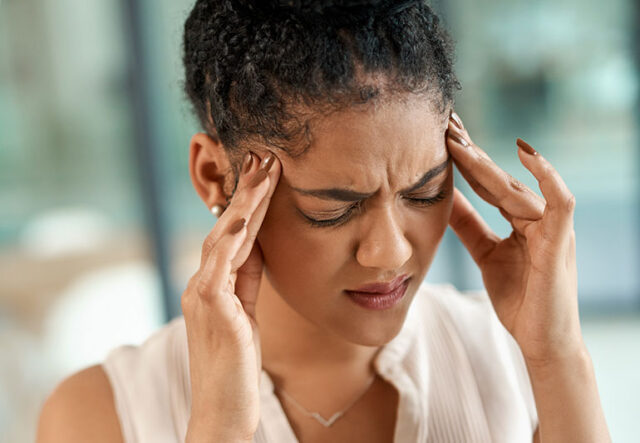
The Migraine Trust reports: “Serotonin-containing neurons in the brainstem have been implicated in regulating numerous aspects of human behavior, including pain, stress, appetite, mood, and sleep.
Many sufferers will recognize these irregularities as being indicative of an attack. The release of other neurotransmitters, such as calcitonin gene-related peptide, which is thought to be essential in developing the throbbing pain related with migraine, is controlled by serotonin receptors on the trigeminal neurons, which are located outside of the brain.”
According to a study on individuals who transitioned from episodic migraine to chronic migraine, those who received targeted behavioral sleep counseling experienced a significant decrease in migraine frequency and intensity. Additionally, they could go from experiencing chronic migraines to episodic migraines.
The Takeaway
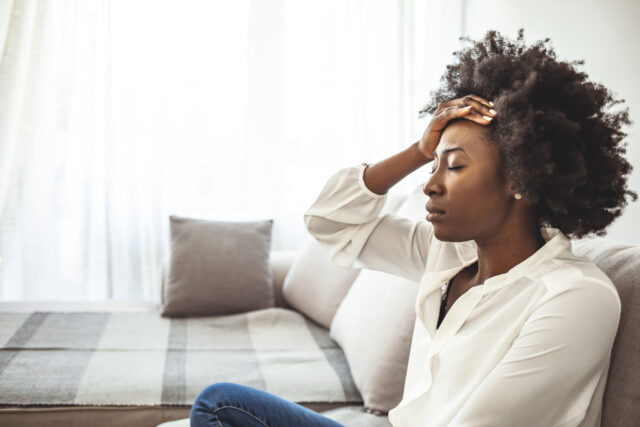
Most people get headaches occasionally, making it a common health problem. The majority of headaches are not dangerous. Typically, symptoms subside within minutes to hours and can be managed with over-the-counter drugs, dietary modifications, and home treatments.
Consult a doctor immediately if your headaches are intense, persistent or getting worse over time. There are numerous therapies available to manage symptoms and lessen the frequency of headaches, regardless of whether a migraine or a cluster headache causes the pain.
Fortunately, it can be enhanced without requiring much work. Individuals don’t have to endure another night of insomnia brought on by a migraine. You can permanently end your sleep issues if you improve your sleep patterns tonight. You could lessen the frequency of your migraines as a result.


